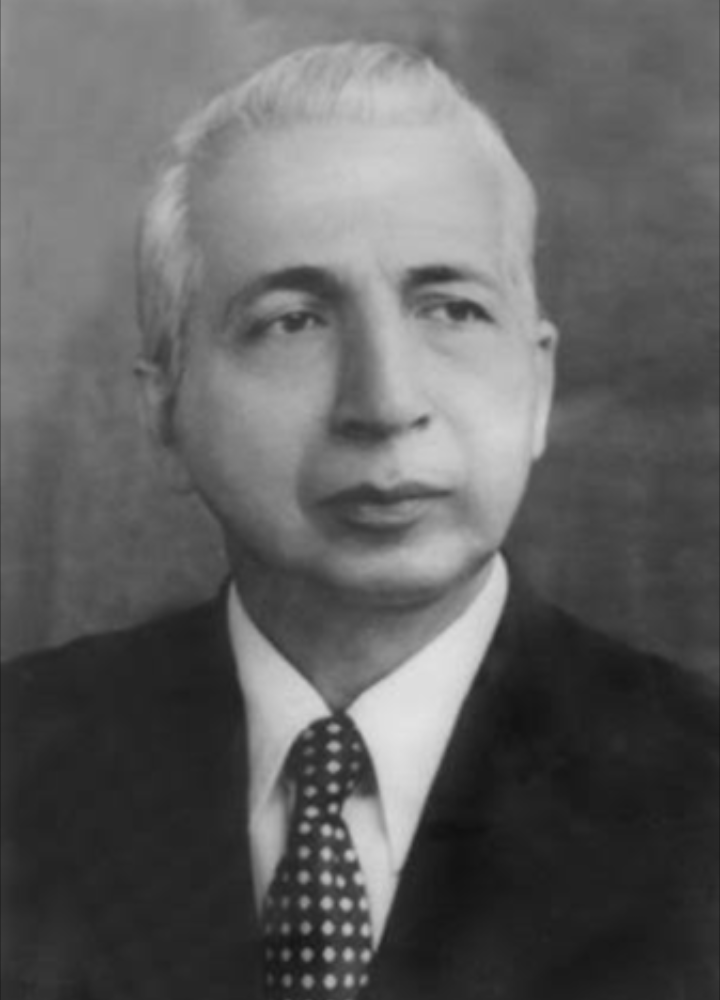|
Chhattisgarh Human Rights Commission
Chhattisgarh Human Rights Commission become functional on 16 April 2001 with appointment of first Chairperson, Justice K. M. Agrawal, a former Chief Justice of Sikkim High Court and Shri K. A. Jacob, former D. G. P. of Bihar as the founder members by Notification No. 4139/GAD/2001 with effect from the date they assumed charge of the office. Functions According to TPHRA, 1993 (with amendment act 2006), The Commission is entitled to perform any of the following functions: * Autonomously investigate on a petition filed by a victim or any person on his/her behalf as a complaint of :# Violation of human rights and instigation or :# Negligence in the prevention of such violations by any public servant. * Get involved in any proceeding under allegation or violation of human right pending before a court with the approval of that court. * Inspect living conditions of the inmates in any jail or any other institution under the control of the State Government where persons are detained or l ... [...More Info...] [...Related Items...] OR: [Wikipedia] [Google] [Baidu] |
National Human Rights Commission Of India
The National Human Rights Commission of India (abbreviated as NHRC) is a statutory public body constituted on 12 October 1993 under the Protection of Human Rights Ordinance of 28 September 1993. It was given a statutory basis by the Protection of Human Rights Act, 1993 (PHRA).The Protection of Human Rights Act, 1993 as amended by the Protection of Human Rights (Amendment) Act, 2006 The NHRC is responsible for the protection and promotion of , defined by the act as "Rights Relating To Life, liberty, equality and dignity of the individual guaranteed by the |
Raipur
Raipur ( ) is the capital city of the Indian state of Chhattisgarh. Raipur is also the administrative headquarters of Raipur district and Raipur division, and the largest city of the state. It was a part of Madhya Pradesh before the state of Chhattisgarh was formed on 1 November 2000. It is a major commercial hub for trade and commerce in the region. It has exponential industrial growth and has become a major business hub in Central India. It has been ranked as India's 6th cleanest city as per the Swachh Survekshan for the year 2021. Raipur is ranked 7th in the Ease of Living Index 2019 and 7th in the Municipal Performance Index 2020, both by the Ministry of Housing and Urban Affairs (MoHUA). Raipur is also regarded as one of the best cities to do business. It is abundantly rich in mineral resources, and is among the biggest producers of steel and iron in the country. There are about 200 steel rolling mills, 195 sponge iron plants, at least 6 steel plants, 60 plywood factories, ... [...More Info...] [...Related Items...] OR: [Wikipedia] [Google] [Baidu] |
Chhattisgarh
Chhattisgarh (, ) is a landlocked state in Central India. It is the ninth largest state by area, and with a population of roughly 30 million, the seventeenth most populous. It borders seven states – Uttar Pradesh to the north, Madhya Pradesh to the northwest, Maharashtra to the southwest, Jharkhand to the northeast, Odisha to the east, Telangana and Andhra Pradesh to the south. Formerly a part of Madhya Pradesh, it was granted statehood on 1 November 2000 with Raipur as the designated state capital. Chhattisgarh is one of the fastest-developing states in India. Its Gross State Domestic Product (GSDP) is , with a per capita GSDP of . A resource-rich state, it has the third largest coal reserves in the country and provides electricity, coal, and steel to the rest of the nation. It also has the third largest forest cover in the country after Madhya Pradesh and Arunachal Pradesh with over 40% of the state covered by forests. Etymology There are several theories as to the ... [...More Info...] [...Related Items...] OR: [Wikipedia] [Google] [Baidu] |
Human Rights In India
Human rights in India is an issue complicated by the country's large size and population as well as its diverse culture, despite its status as the world's largest sovereign, secular, democratic republic. The Constitution of India provides for Fundamental rights, which include freedom of religion. Clauses also provide for freedom of speech, as well as separation of executive and judiciary and freedom of movement within the country and abroad. The country also has an independent judiciary as well as bodies to look into issues of human rights. The 2016 report of Human Rights Watch accepts the above-mentioned facilities but goes to state that India has "serious human rights concerns. Civil society groups face harassment and government critics face intimidation and lawsuits. Free speech has come under attack both from the state and by interest groups. Muslim and Christian minorities accuse authorities of not doing enough to protect their rights. The government is yet to repeal laws tha ... [...More Info...] [...Related Items...] OR: [Wikipedia] [Google] [Baidu] |

.png)
.png)